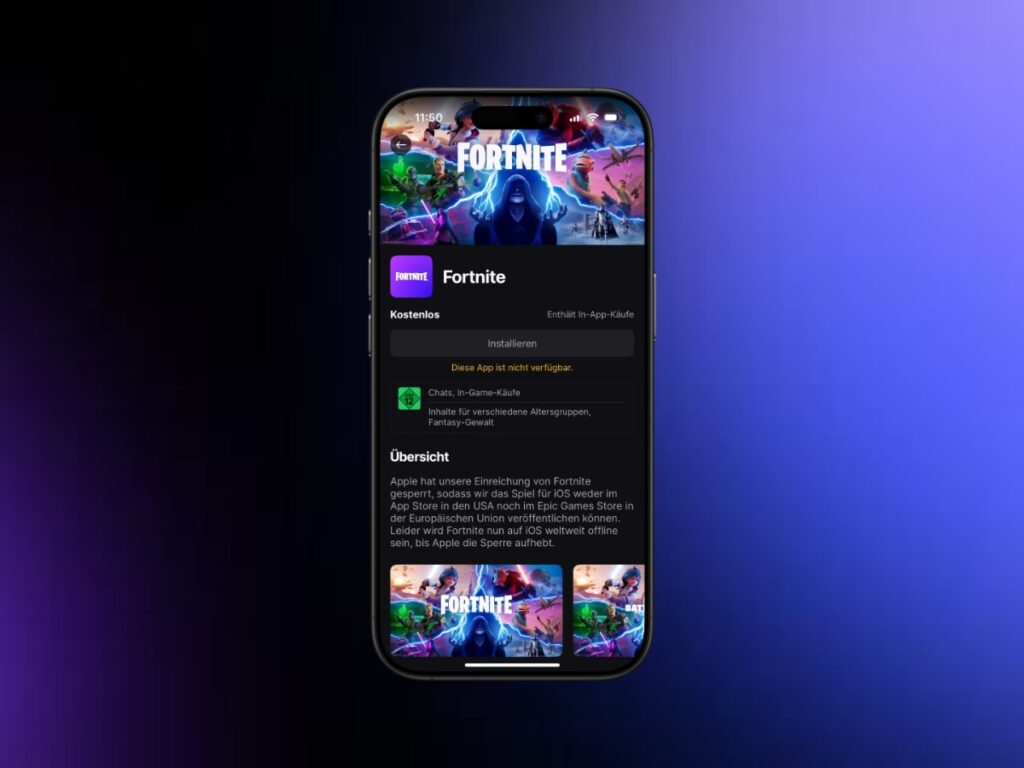
The Importance of Fortnite on iOS
Fortnite, developed by Epic Games, remains one of the most popular battle royale games globally. Its availability on iOS devices has significantly broadened its player base, enabling millions of mobile users to engage in gameplay. As mobile gaming continues to grow, the fate of Fortnite on iOS has become a pivotal issue not just for gamers, but also for developers and the industry at large.
Recent Developments
In August 2020, Epic Games introduced a direct payment system within Fortnite on iOS, which led to its removal from the Apple App Store due to a violation of Apple’s policies. This sparked a high-profile legal battle between Epic Games and Apple, demanding changes to App Store policies and advocating for developers’ rights.
As of October 2023, speculation continues regarding the return of Fortnite to the App Store. Epic Games has announced that they are exploring various legal avenues to allow the game back onto iOS, while also enhancing the gaming experience to align with Apple’s guidelines.
Moreover, players who previously enjoyed Fortnite on their iOS devices have been accessing the game through cloud streaming services. Notable platforms like Nvidia GeForce Now and Xbox Cloud Gaming have enabled users to play Fortnite on iOS without the App Store’s involvement, allowing Epic Games to maintain a connection with its mobile audience during this tumultuous period.
Impact on the Gaming Industry
The conflict between Epic Games and Apple has broader implications for the mobile gaming industry. This case has prompted discussions about app revenue sharing models and the overall structure of app ecosystems. Other developers have begun to express concerns over their dependence on Apple’s App Store, leading to calls for reform that could promote fairer practices and greater revenue for creators.
Looking Ahead
As the situation develops, players and developers alike are keenly watching the legal proceedings. Epic Games has indicated a commitment to bringing Fortnite back to iOS, which would serve as a crucial case study for future interactions between large tech companies and game developers. For readers, the ongoing situation presents a significant moment to consider the implications of mobile gaming’s future, particularly as regulations and policies evolve in an ever-changing digital landscape.
In conclusion, Fortnite’s status on iOS is more than just a gaming issue; it encapsulates the broader challenges facing the mobile app market. The outcomes of these discussions will likely influence how future mobile games navigate the landscape dominated by major industry players.






